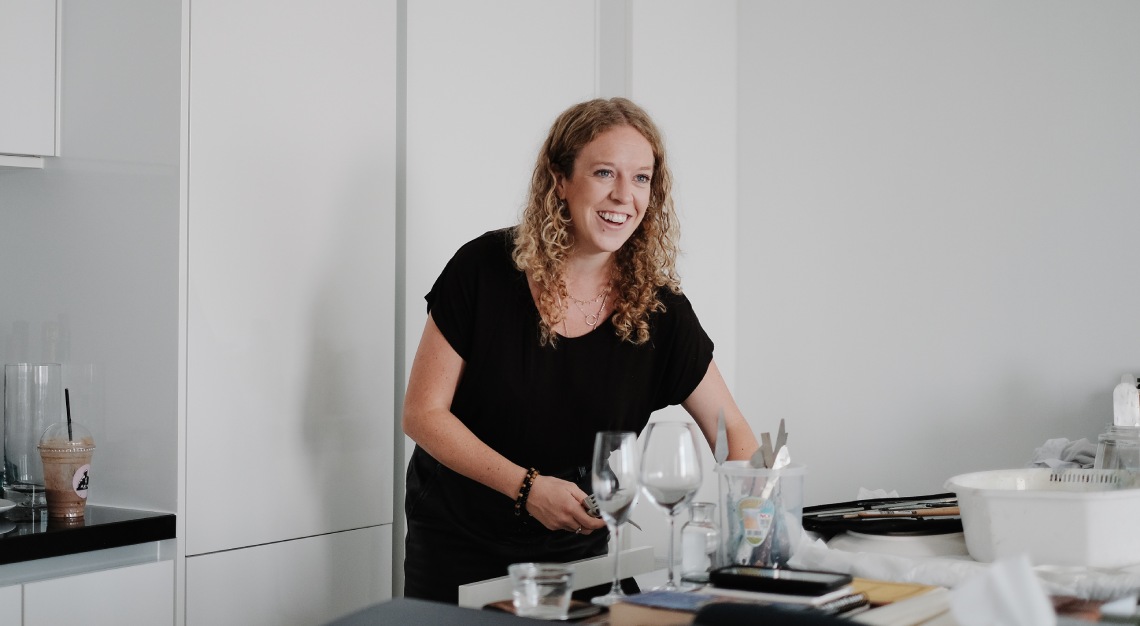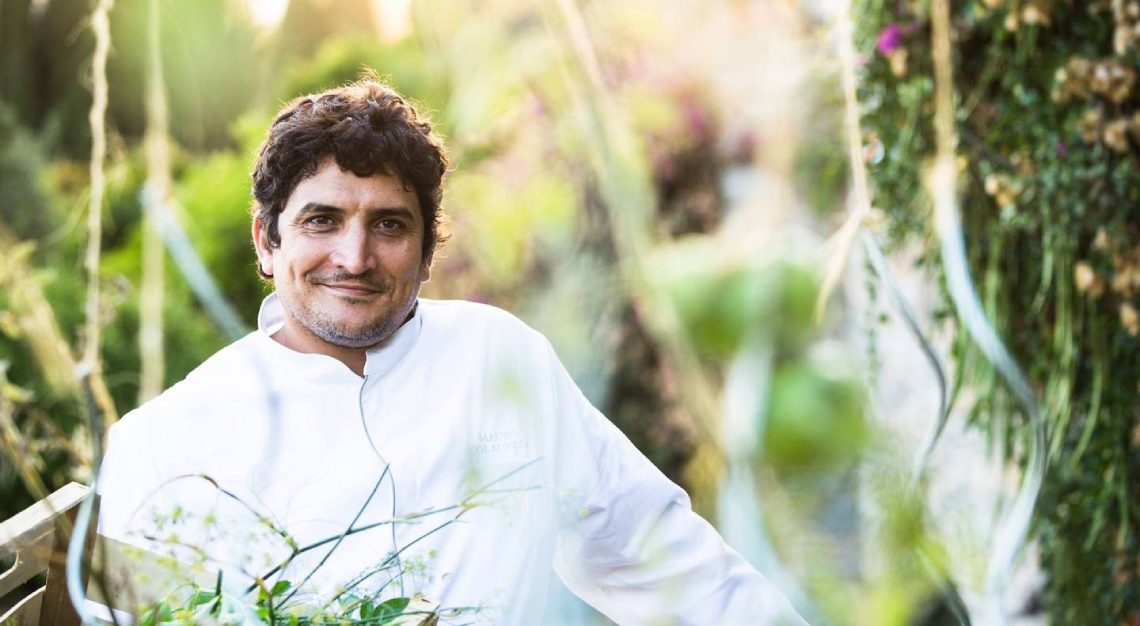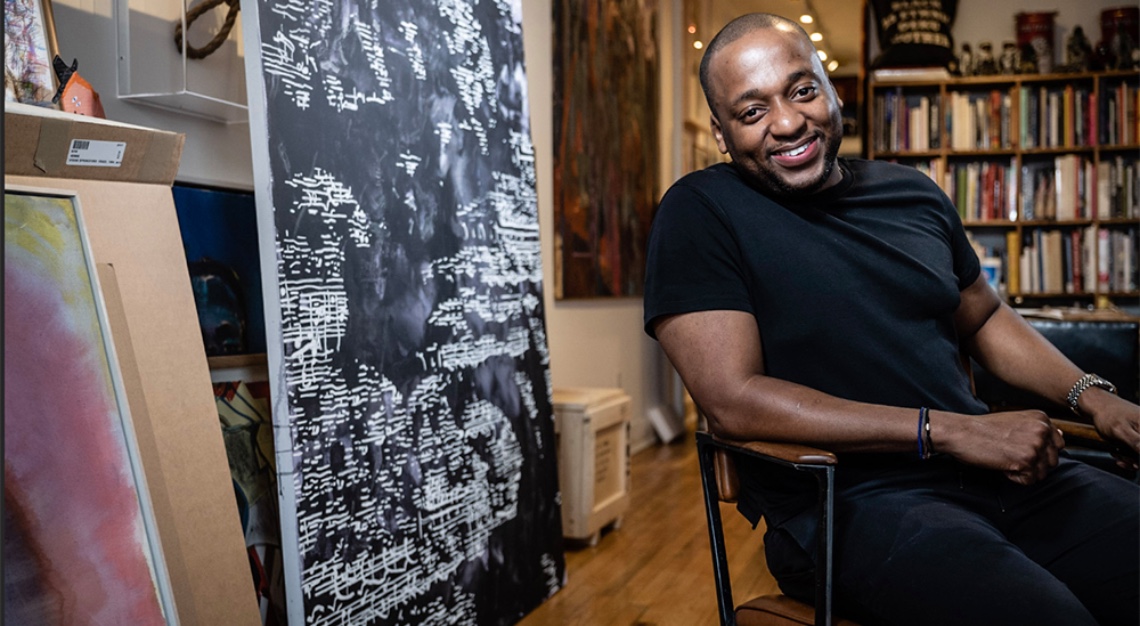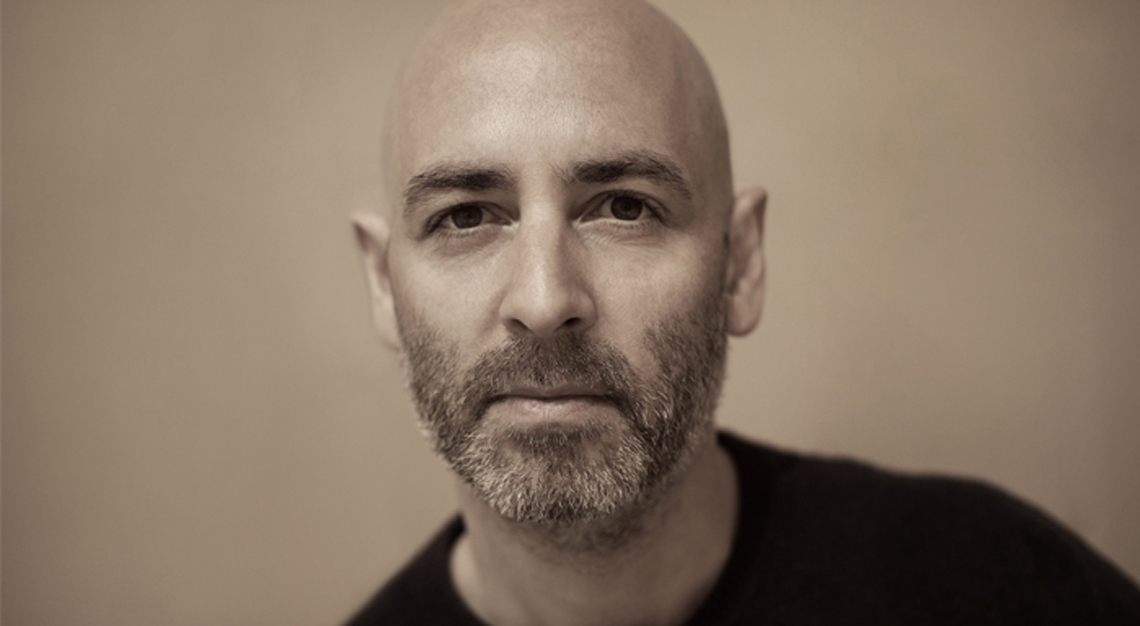How can Singapore’s theatre scene benefit from a stalwart with two decades of industry experience?
Having spent two decades in the theatre scene, Charlotte Nors, managing director of the Singapore Repertory Theatre (SRT), wishes to see the arts and theatre hold a very special place in the hearts of many – especially those who count experiencing theatre as a once-in-a-lifetime opportunity.
In this interview, Nors zeroes in on how the charity organisation that she works for is helping to materialise this dream, and how she plans to support young women in driving Singapore’s arts and theatre scene to greater heights.

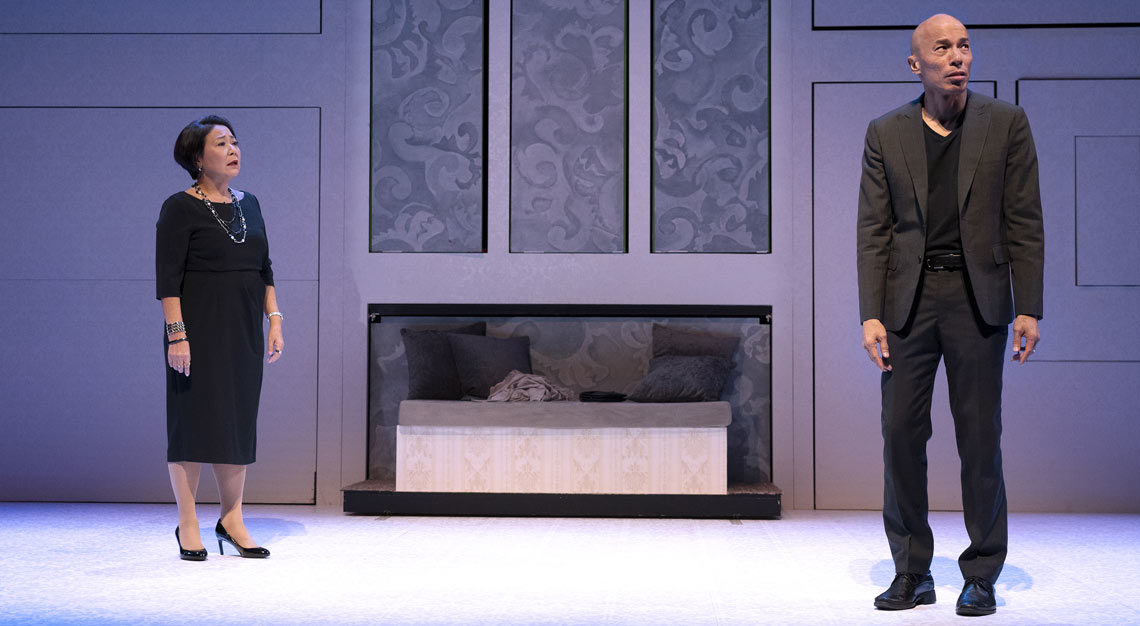
What’s new at SRT?
I’m super excited about our two September productions – both are very different shows but share the same idea of theatre in an immersive environment. The first one is Caught by Chris Chen and directed by Ed Sylvanus Iskandar, where the audience’s experience is curated from the minute they enter the gallery, and Catalysts, a theatre experience for children aged four to eight. For the latter, we’ve partnered with Science Centre Singapore, where we aim to teach Science, Technology, Engineering and Mathematics (STEM) through the arts.
Has there been a growing interest in theatre among the younger generation over the past years?
We have seen an increase in arts engagement. Here at SRT, we are constantly invested in producing great theatre in various languages for young audiences year after year, building traditions and a community around the performances is paying off. But there is also so much more happening in Singapore for the family segment, so we can’t rest on our laurels. We must reach new audiences and keep delivering great productions as our patrons trust us to do – year after year.
Together with my team, we have plans to take SRT forward to next phase of growth and look towards to the future in developing and nurturing the talent of SRT. The SRT’s The Young Company is a great training platform that has been an important stepping stone for dozens of new talents for the past 20 years.
What does Singapore have to learn from any society with a thriving arts scene?
Singapore has a unique arts and theatre scene, so while we can be inspired by other more mature arts markets such as the UK, or even my native Denmark, we have to work on ideas that align with the local arts market. In Denmark, arts engagement at schools is compulsory. Having schooling children in Singapore attend at least one play a year as part of their learning journey is a personal dream of mine to see established.

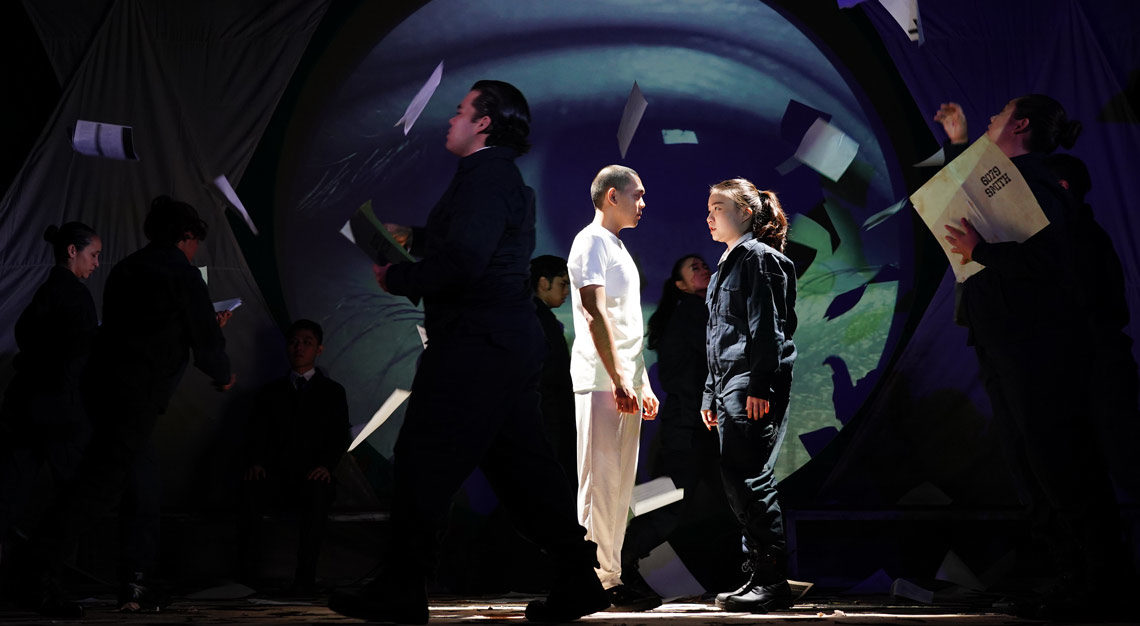
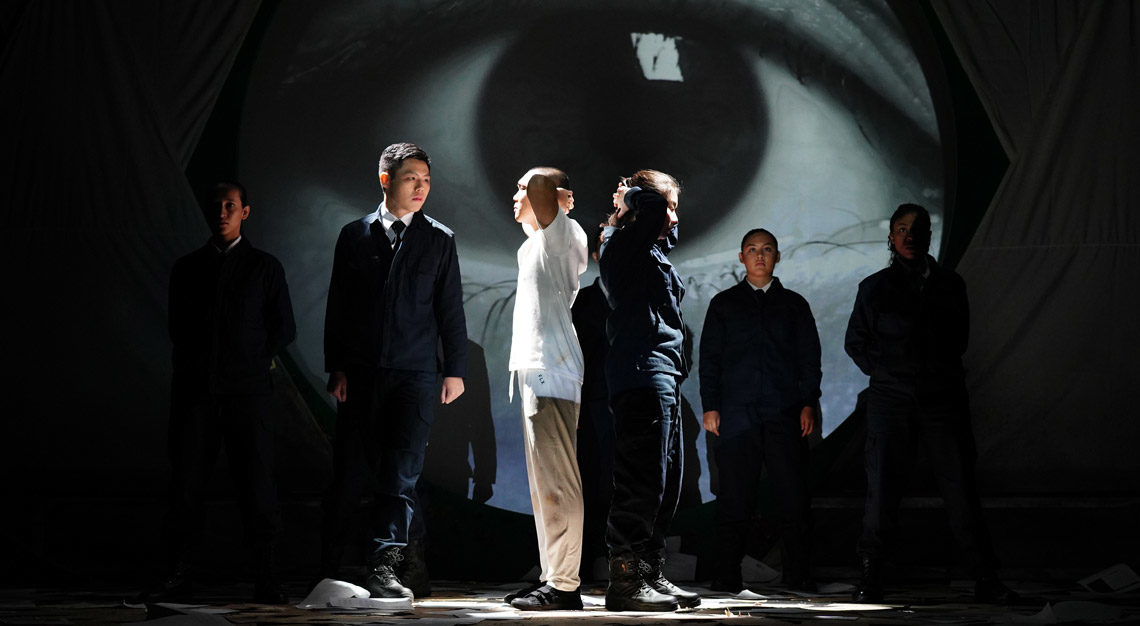
What is your ultimate goal at SRT?
I have so much hope and aspiration for SRT – flying the Singapore flag in the international arena, ensuring every child gets to experience and being known as the most progressive and professional theatre company in the region.
I would also love to see more young people choosing a career in the arts with the support of their families. The creative industry is very important for Singapore, and we at SRT offer great career opportunities.
What are some of the challenges you’ve faced in your career on the path to achieving these goals?
In Singapore, 70 per cent of our leisure time is spent online. There’s a vast amount of content on social media platforms and video sharing websites, so the challenge really has been convincing Singaporeans to visit a gallery, theatre or studio to experience Singapore’s arts and theatre scene.
Is there a reason why the team is focused on paving the way for specifically young women to pursue a career in this industry?
It has been a personal goal of mine. Gaurav Kripalani, our artistic director, took a chance when he hired me 18 years ago – so I want to be the one to give that break to as many young people as I can. The Residency Programme is an example of a great investment SRT is making for the next generation of theatre practitioners. I am proud of having created seeing young people like Cherilyn Woo and Natalie Wong, who has made a name for herself in London.
https://www.instagram.com/p/Bxtf0OgHz2p/
What misconceptions about theatre have you been trying to change?
Theatre is not just for those who can afford it. We work hard to make theatre accessible for all. Our Student Education Fund, for instance, sponsors up to 3,000 tickets a year for the less privileged kids. Ina, a member of our front-of-house team, is also currently taking sign language classes to better communicate with the hearing impaired community at SRT productions.
Where do you think theatre in Singapore will be in five years?
Whilst I’m worried about the plethora of content competing for our time, I’m hopeful that people will always seek human interaction and that good storytelling will prevail. I think we will see technology play a bigger role on stage here in Singapore.

